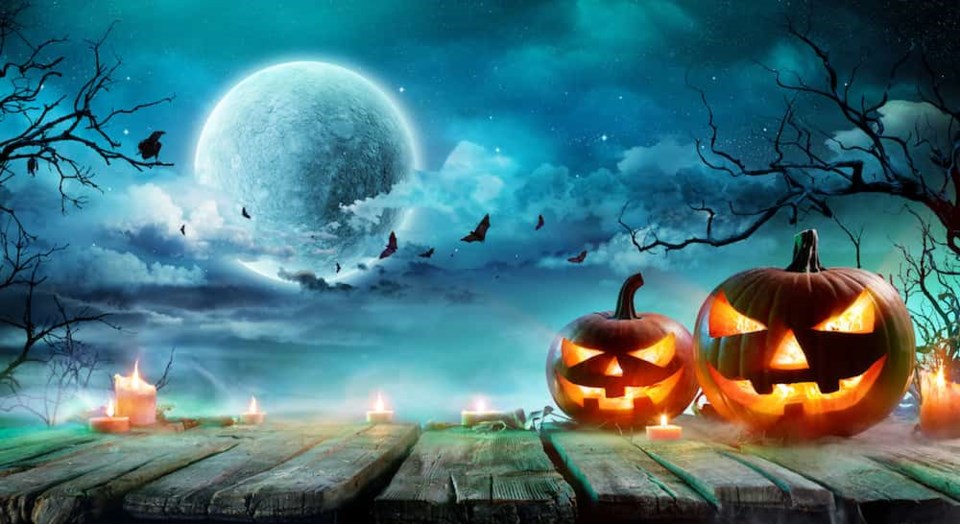Stargazers will be treated to a rare astral event this Halloween in Vancouver.
A full "blue moon" is set to illuminate the city's skies on Oct. 31, which will be the second full moon of the month. The first full moon - the full "harvest moon" - took place on Oct. 1.
Last year, September's full moon was a full harvest moon, which takes place in two years out of three. However, since October's full moon fell closest to the fall equinox this year, it carried the harvest title.
According to the Old Farmer's Almanac, "this full Moon name is attributed to Native Americans because it marked the time when corn was supposed to be harvested."
The Almanac adds that Native peoples would give distinctive names to each reoccurring full moon to mark the change of seasons. As such, many of these names arose when Native Americans first interacted with colonialists.
The full moon on Oct. 31 is called a "blue moon" because it is the second full moon in the month. The second full moon of any month always has this name, regardless of when it happens. This lunar event typically takes place every two or three years.
A full moon on Halloween occurs roughly once every 19 years, which is a pattern known as the Metonic Cycle. This cycle occurs when the moon returns to exactly the same place in the sky with the same phase, according to Astrocal.
If you miss out on this Halloween's lunar offering, you won't be able to catch another one until 2039.
The Old Farmer's Almanac notes that "In 2001, ghosts and goblins in Central and Pacific time zones trick-or-treated by the light of a full moon, but a Halloween full Moon hadn’t appeared for everyone in all time zones since 1944!"
Stargazers should opt to travel as far away from city lights as possible in order to avoid light pollution that will obscure the clarity of heavenly bodies. While this works best in more remote places, anywhere that has a higher elevation will also provide more ideal viewing conditions.




